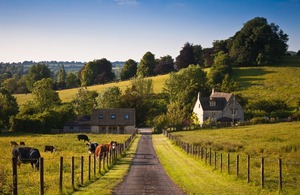- Location
- Radnorshire
When my uncle would return on leave during National Service his father who had a terrible time at Gallipoli and France would say get that uniform off as he walked through the door. Another local slept in the coal shed instead of his house after returning from the First World War. Many will go to cenotaphs and many can’t face it. Remember hearing on radio 4 a few years ago that after the Falklands more soldiers had committed suicide than died during the war. What some families have had to go through and still are , so we can live in peace.






